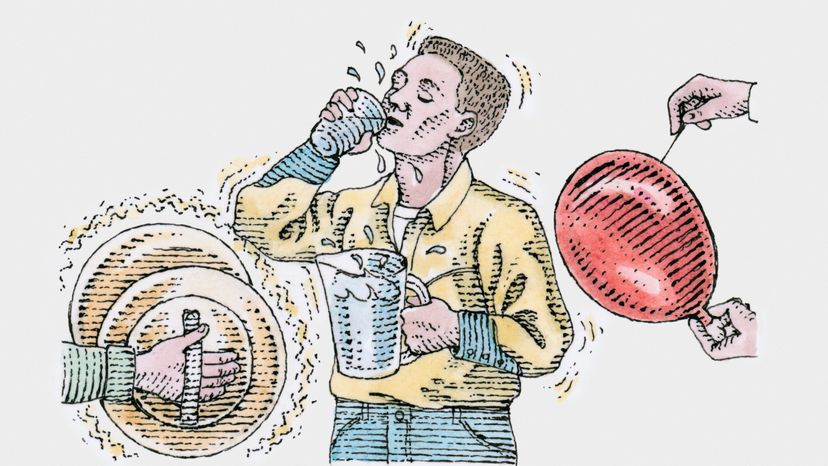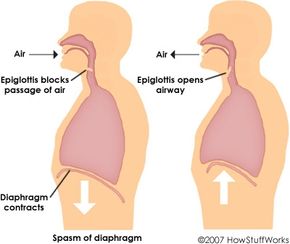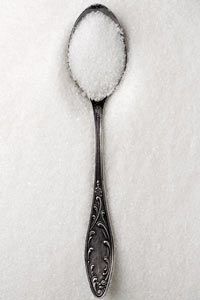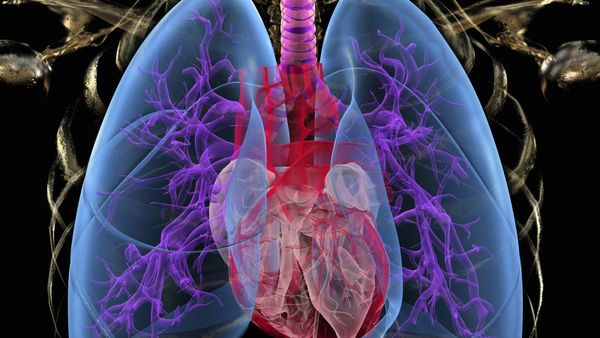
We've all been tormented by hiccups at some point in our lives -- those annoying, involuntary fits that can make it nearly impossible to carry on a conversation, eat a meal or even maintain a train of thought. Most people hiccup four to 60 times per minute during a bout of hiccups, and everyone has a specific, lifelong hiccup pattern [source: eMedicine].
The average hiccup spell can last from a few minutes to a few hours, but some people suffer from extended episodes that last days, months or even years. Hiccups that last longer than 48 hours are called persistent hiccups, and if they've lasted more than a month, you have intractable hiccups. Both types can cause serious health problems and, in some cases, even death.
Advertisement
For many of us, hiccups begin in the womb. The recapitulation theory proposes that fetuses use hiccups in respiration before their lungs are fully developed. This may help explain why premature infants spend up to 2.5 percent of their time hiccuping -- more than full-term babies [source: eMedicine].
As we get older, bouts of hiccups decrease. The most likely time to hiccup is in the evening. Women can hiccup more during the first two weeks of their menstrual cycle, so pregnant women tend to hiccup far less than their nonpregnant counterparts do.
Why do we hiccup? The scientific community has been debating the issue for decades. Read on to learn what happens during a hiccup, the major hiccup theories, how hiccups start and how to stop them.
Advertisement



